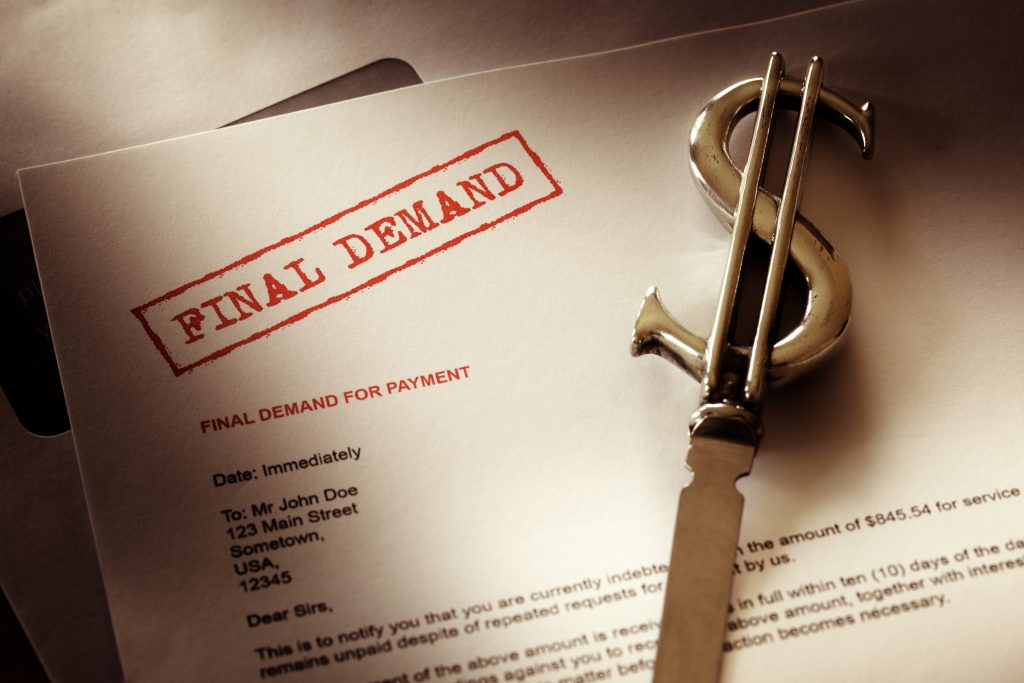Many parents don’t understand how child support work, especially if they’ve never had to deal with a support order before. If you’re in such a scenario, here are answers to some common questions on child support to enlighten you regarding your obligations.
How Can I File For Child Support?
Every county in Pennsylvania has a Domestic Relations Office where you can file a motion for child support. You should also contact child support lawyers in Media, PA, who can help you file your paperwork correctly.
What Information Will I Need to Apply?
When filing for child support, you’ll need to provide the name, address, place of employment, and social security number of the other party. If you don’t have this information, the Domestic Relations Office or your attorney may help you. If you have any related court order, such as a restraining order, you should also bring them.
How is The Amount of Child Support Decided?
The Pennsylvania child support guideline helps determine a fair and reasonable amount in the child’s best interest. The court will consider factors such as the child’s age, the standard of living, and medical, physical, educational, and emotional needs. They’ll also consider each parent’s income and other children outside the marriage they’re supporting.
What Happens if I Disagree With a Child Support Order?
You can appeal the court’s decision within 30 days of receiving the order. The court will set a date for the hearing where they may change the order or not.
How Long Do I Have to Pay Child Support?
Child support payments end when a child turns 18 or graduates high school, whichever comes first. However, for special needs children, child support can extend into adulthood.
What Happens if my Ex-spouse Moves Out of the State?
You can still enforce child support payments based on the procedures set out by the Uniform Interstate Family Support Act (UIFSA). Contact child support lawyers in Media, PA, to help you through this process.
Do I Still Need to Pay Child Support After Losing my Job?

Yes, child support is an obligation that a court won’t pardon irrespective of your financial status. However, you can file a petition for modification of your child support order. The court will review your new circumstances and determine if an amendment is necessary.
What if my Co-parent Refuses to Pay Child Support?
It’s best to report to the court, as they can help you enforce your child support order. Your co-parent’s failure to pay child support is a violation of court order, which is an illegal offense. This action can attract legal consequences such as wage garnishment, suspension of licenses, and in worst cases, a jail term.
What Should I do When the Other Parent Uses Child Support for Personal Purchases?
Child support is solely for the child’s benefit. Therefore, using the payments for other needs is a violation of child support laws. You should report to the court who’ll take legal actions against the other party.
Do I Have to Pay Taxes as a Recipient of Child Support?
No. The IRS doesn’t regard child support as income and, therefore, won’t tax you on these payments.
Conclusion
If you have more questions on child support, don’t hesitate to contact child support lawyers in Media PA, who’ll provide you with answers.


